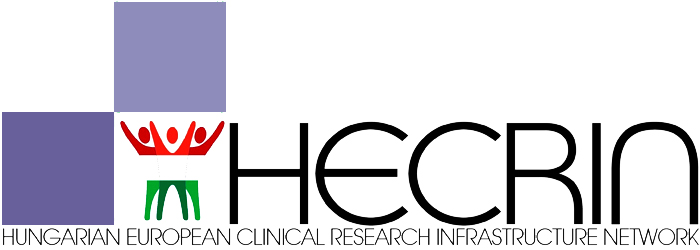Szerző(k):
Paola Mosconi,
Gerd Antes, Giorgio Barbareschi, Amanda Burls, Jacques Demotes-Mainard, Iain Chalmers, Cinzia Colombo, Silvio Garattini, Christian Gluud, Gill Gyte, Catherine Mcllwain, Matt Penfold, Nils Post, Roberto Satolli, Maria Rosa Valetto, Brian West and Stephanie
Abstract:
Background: The ECRAN (European Communication on Research Awareness Needs) project was initiated in 2012, with support from the European Commission, to improve public knowledge about the importance of independent, multinational, clinical trials in Europe.
Methods: Participants in the ECRAN consortium included clinicians and methodologists directly involved in clinical trials; researchers working in partnership with the public and patients; representatives of patients; and experts in science communication. We searched for, and evaluated, relevant existing materials and developed additional materials and tools, making them freely available under a Creative Commons licence.
Results: The principal communication materials developed were:
1. A website (http://ecranproject.eu) in six languages, including a Media centre section to help journalists to disseminate information about the ECRAN project
2. An animated film about clinical trials, dubbed in the 23 official languages of the European Community, and an interactive tutorial
3. An inventory of resources, available in 23 languages, searchable by topic, author, and media type
4. Two educational games for young people, developed in six languages
5. Testing Treatments interactive in a dozen languages, including five official European Community languages
6. An interactive tutorial slide presentation testing viewers’ knowledge about clinical trials
Conclusions:
Over a 2-year project, our multidisciplinary and multinational consortium was able to produce, and make freely available in many languages, new materials to promote public knowledge about the importance of independent and international clinical trials. Sustained funding for the ECRAN information platform could help to promote successful recruitment to independent clinical trials supported through the European Clinical Research Infrastructure Network.
Methods: Participants in the ECRAN consortium included clinicians and methodologists directly involved in clinical trials; researchers working in partnership with the public and patients; representatives of patients; and experts in science communication. We searched for, and evaluated, relevant existing materials and developed additional materials and tools, making them freely available under a Creative Commons licence.
Results: The principal communication materials developed were:
1. A website (http://ecranproject.eu) in six languages, including a Media centre section to help journalists to disseminate information about the ECRAN project
2. An animated film about clinical trials, dubbed in the 23 official languages of the European Community, and an interactive tutorial
3. An inventory of resources, available in 23 languages, searchable by topic, author, and media type
4. Two educational games for young people, developed in six languages
5. Testing Treatments interactive in a dozen languages, including five official European Community languages
6. An interactive tutorial slide presentation testing viewers’ knowledge about clinical trials
Conclusions:
Over a 2-year project, our multidisciplinary and multinational consortium was able to produce, and make freely available in many languages, new materials to promote public knowledge about the importance of independent and international clinical trials. Sustained funding for the ECRAN information platform could help to promote successful recruitment to independent clinical trials supported through the European Clinical Research Infrastructure Network.
publikálás ideje:
2016/01/12


















